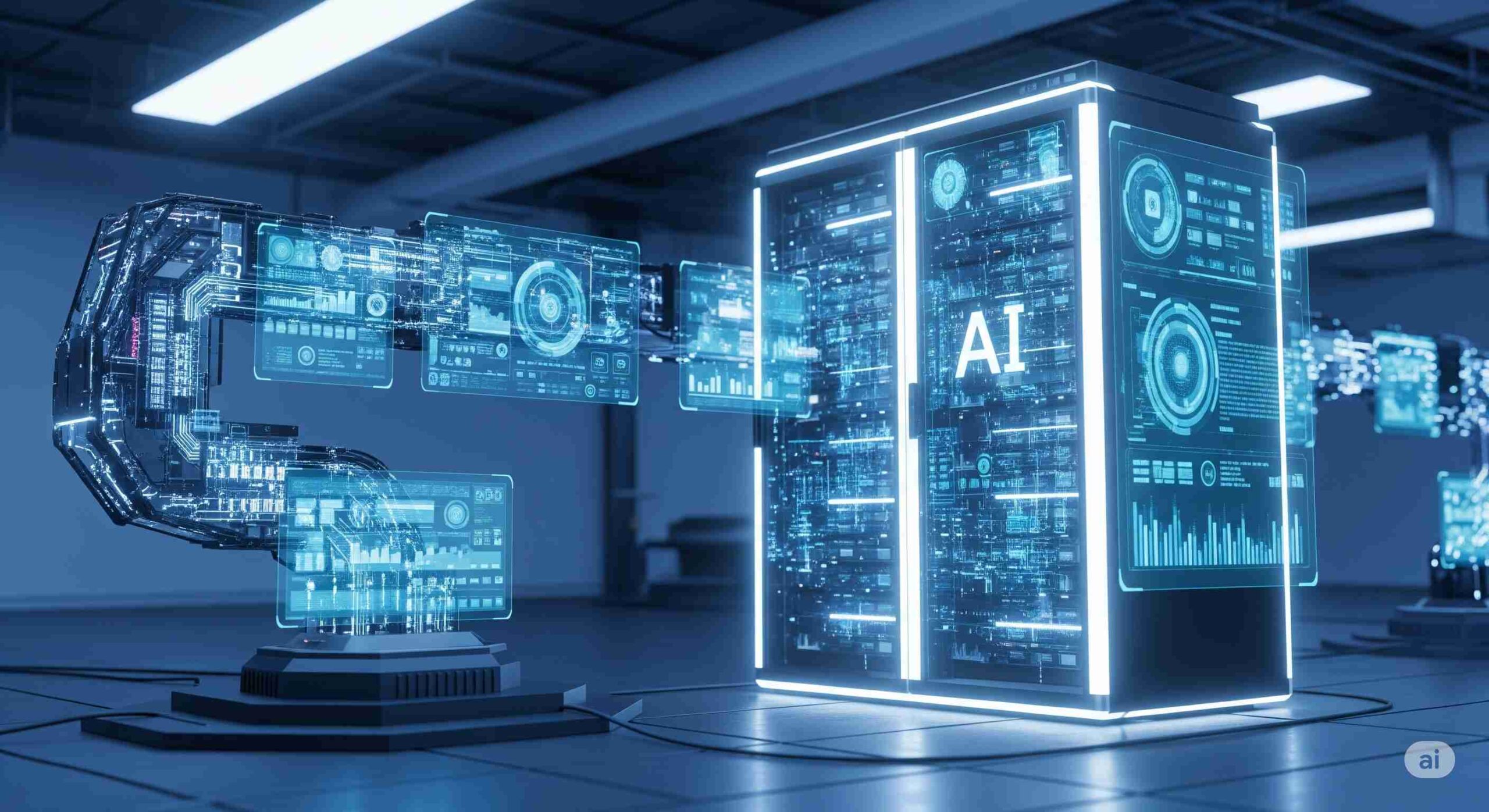No matter how advanced your firewalls, AI tools, or monitoring systems are, one careless click can undo everything. A recent high-profile data breach proved that human mistakes remain the top cybersecurity risk.
What companies can do now:
- Roll out quarterly phishing simulations.
- Implement zero-trust access controls.
- Make “cyber hygiene” part of everyday team culture.
The takeaway? Tech protects you, but people secure you.
☁️ Cloud with Confidence: How Managed IT Makes Migration Stress-Free
Migrating to the cloud can feel overwhelming—downtime risks, compliance issues, and data migration nightmares. That’s where managed IT services change the game.
With a trusted partner:
- Cloud migrations are planned, tested, and executed with minimal disruption.
- Compliance (HIPAA, SOC2, etc.) is baked into every step.
- 24/7 monitoring ensures performance post-migration.
Think of it as moving houses—only with movers who unpack and set up your furniture for you.
AI in IT: Friend, Not Foe
AI often gets painted as a job-stealer, but in IT, it’s more like a super-assistant:
- Predicts hardware failures before they happen.
- Automates repetitive maintenance tasks.
- Flags security anomalies in real-time.
Instead of replacing IT teams, AI frees them up to focus on strategy, innovation, and human-centered support.
The real win? AI + human expertise = unstoppable IT resilience.
Nonprofits Deserve Enterprise-Level IT Too
Nonprofits often run lean, but that doesn’t mean they should compromise on IT. With donor data, volunteer systems, and compliance at stake, nonprofit IT support is now mission-critical.
GB Tech’s tailored approach:
- Affordable managed services.
- 24/7 support without the “enterprise” price tag.
- Onsite + remote help for flexible needs.
Impact-driven work deserves enterprise-grade protection and performance.



Comments are closed